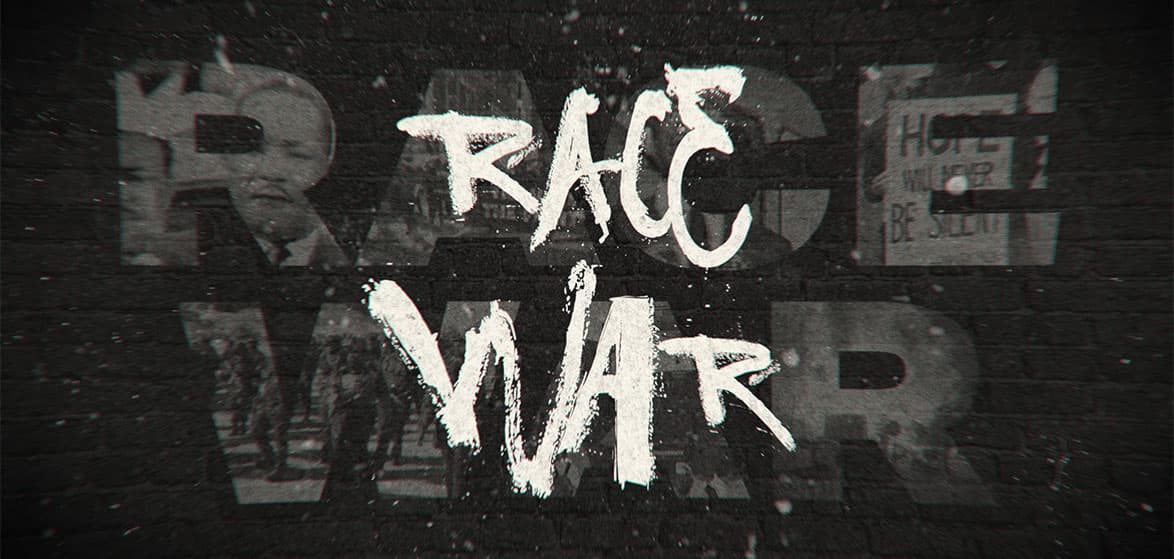
California Governor Gavin Newsom signed a bill last September aimed at raising the wages of fast-food workers in the state, raising the minimum wage from $16 to approximately $20, depending on the industry. Now, as the legislation is slated to go into effect on April 1, many restaurant owners are cautioning that they will need to raise prices to account for this race in labor costs.
“California is home to more than 500,000 fast-food workers who – for decades – have been fighting for higher wages and better working conditions,” Governor Newsom said in a statement back in September. “Today, we take one step closer to fairer wages, safer and healthier working conditions, and better training by giving hardworking fast-food workers a stronger voice and seat at the table.”
With this wage increase, California’s fast-food workers are poised to become the second-highest paid in the nation, trailing only behind a small city outside Seattle.
Chipotle’s Chief Financial Officer, Jack Hartung, cautioned customers about potential price hikes, citing the anticipated “significant increase” in labor expenses, according to the Los Angeles Times. During an earnings call at the end of last year, Hartung suggested that patrons should anticipate a “mid-to-high single-digit” percentage increase in meal prices.
Starbucks also has acknowledged the challenge posed by higher labor costs, stating that they will address this through a combination of pricing adjustments and operational efficiencies.
Other companies have expressed similar plans to raise menu prices in response to California’s new legislation, including McDonald’s, Jack in the Box, and Shake Shack.
In response to Governor Newsom’s design to increase the minimum wage for fast-food workers, critics point out that this new law will pose additional economic consequences for the state of California. Harry Holzer, a public policy professor at Georgetown University, explained, “This is such a dramatic increase on a state minimum wage that was already quite high.”
“Where they can automate, they will automate more,” Holzer said. “Maybe some franchises will move out of state.”
As California prepares for the enactment of this landmark legislation, both workers and businesses are bracing for the impact of these changes on the fast-food industry.















